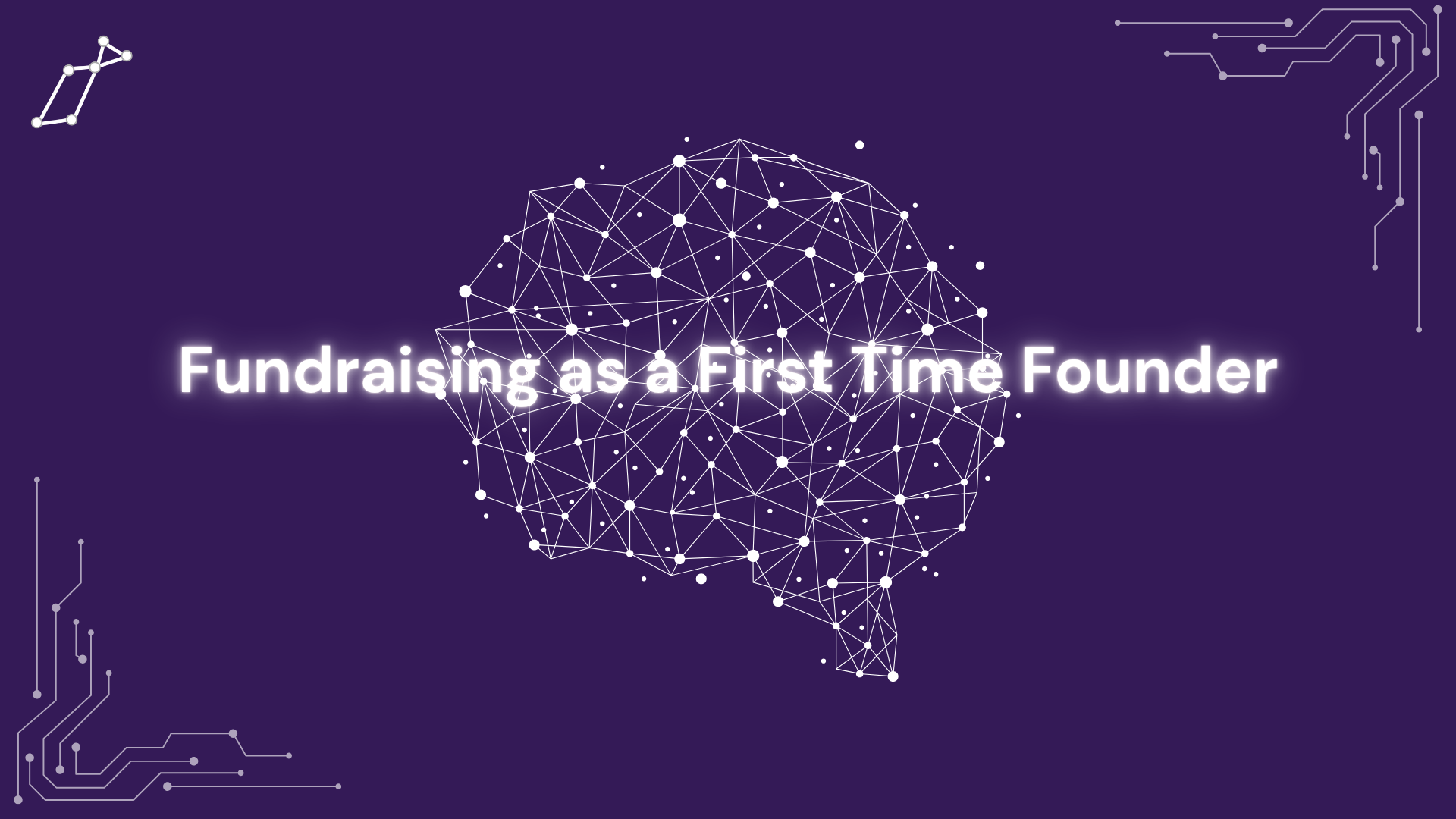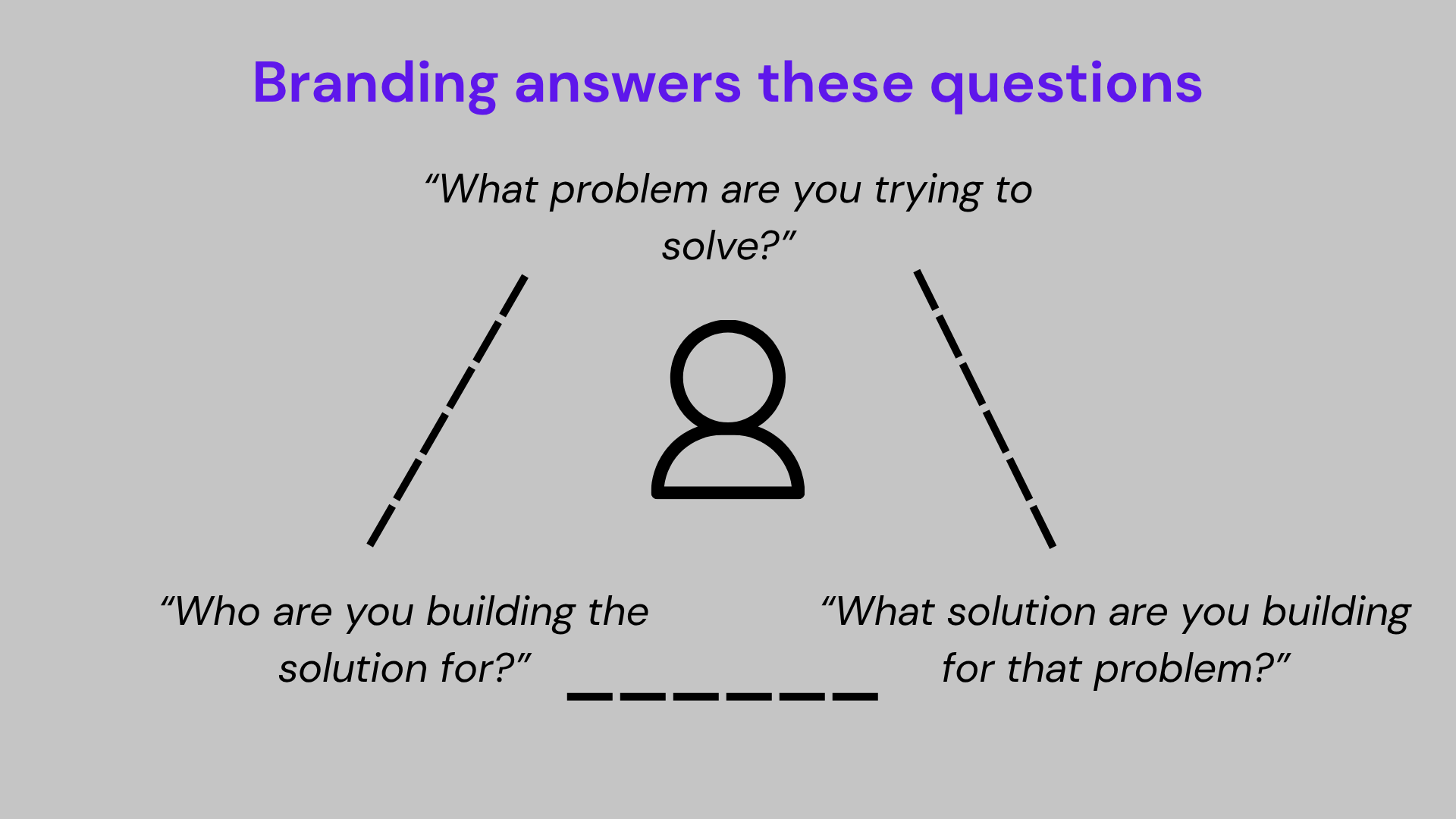How to Raise Venture Capital as a First Time Founder - What You Should Know



How to Raise Venture Capital
For many first time founders, fundraising can be the most intimidating thing to approach. Putting yourself and your ideas out there for investors to support is difficult; fundraising requires tons of time and effort to reach out, follow up, and pitch- sometimes to no avail. To be honest, there is no definitive guide on how to raise venture capital, the process takes trial and error. However, what I can tell you are some of the lessons I’ve learned while fundraising for Lyrid.
As a first time founder myself, fundraising for Lyrid has been a rollercoaster. Working with our accelerator Expert Dojo, then raising our $1.1m seed funding, then eventually closing more and more investor deals, this fundraising journey has had its highlights but has been anything but a straight line up. For first time founders, raising venture capital is anything but linear, but sticking to it and believing in your company and product will make all the difference.

Here are some of the biggest things I’ve learned while fundraising as a first time founder.
Lessons When Raising Venture Capital
Conviction and Building
For many first time founders looking towards fundraising, they’re essentially fundraising on nothing. For us, we started fundraising and had to build our processes and expand while fundraising. For you, this story can be different.
The first step of fundraising is building your foundation and your brand. While you’re building your company, it’s important to get your face out there and associate yourself with:
- The problem you’re solving
- The solution you’re building
- The users you’re building for
Chances are, you’ll have a growing list of people interested in your product. From users (both free and paid) to investors looking to support the next big thing, building your brand in public can help tackle one of the biggest challenges as a startup: getting traction. Figuring out who wants to pay for your service, why they would pay, and how much they would pay can be instrumental in securing strong funding down the line.
Some of the biggest companies in the world are known strictly from their founder; having a brand that’s synonymous with a certain problem and the innovative solution you’re building can make all the difference when fundraising.

Building a brand also requires conviction in your product! Many founders shy away from bringing their ideas to the public in fears of people stealing it, a totally valid concern. However, conviction warrants action. Act on your ideas and show that you put a lot of thought into your ideas, the better realized your ideas are, the better a funding conversation will go. Passion in your product goes a long way, and building to genuinely solve a problem rather than to turn a profit will speak volumes to the people you’re building for.
Networking
Perhaps the biggest hurdle for first time startup founders to overcome is networking and knowing where to find investors. This isn’t to say that individuals building a product or founding a company for the first time don’t have a network, but rather finding the right network for funding.
Now that you have a semblance of a brand established or a small portion of your product/company developed, looking towards networking is the next big step. For many founders, this process starts with looking into your current networking and finding the right people. These people can be potential users who can provide critical feedback, investors, and even mentors that can guide you. These relationships that you already have can be built before you even start building your business and can strengthen your product over time!
A huge recommendation I have for first time founders approaching fundraising would be to network with prospective investors at least 6 months before actually fundraising. Getting to know who is interested in your business and who might fund your project is key in refining your pitch and product. Investors aren’t some mystical force hidden behind the shadows either- many investors are public faces looking to invest!
Networking can be done through multiple channels. My biggest recommendation is to put yourself out there and go to as many in-person events as possible! This is beneficial for a variety of reasons, with the most obvious being the opportunity to meet new people. Networking events, especially those geared towards investment opportunities, also allow founders to refine their pitch and get a sense of what their potential investors can be looking for.
Leveraging Energy
In the world of startups and fundraising, first time founders will be up against seasoned veterans. There’s rarely any special treatment, just idea vs. idea and pitch vs. pitch. Based on experience alone, this may seem like a disadvantage for first time founders. However, this is anything but.
When you do things the first time, they seem exciting right? Go to a new gym, the first week feels great- fast forward a couple months and all of a sudden the shiny, new equipment becomes stale and routine. The same can go with ways of thinking and solving problems; barriers and restrictions come from experience.
I’ve found that first time founders are more enthusiastic and energetic about building something new (this rings true for myself as well). Leverage that energy and creativity as much as possible, first time founders can be seen as naive at times but that naivety can lead to innovating takes on old solutions. Sometimes the only thing that investors are looking for are interesting ideas!
This energy can be applied even if you don’t want to go the fundraising route just yet. Bootstrapping a company IS scary and IS difficult, but it also IS possible! Leverage that spark and enthusiasm that you have as much as you can when building, your company and solutions will grow tenfold and maybe even bypass the need to fundraise if you have earned enough revenue.
The Venture Capital Fundraising Process with Accelerators
While the startup world may seem like pitting goldfish against sharks, it’s actually very supportive of first time founders. Small Business Development Centers (SBDCs) exist around the United States and offer assistance and counseling for entrepreneurs and small business owners, offering services like business planning, marketing, sales assistance, and more.

SBDCs exist for pre-venture companies, accelerator programs exist for all companies. As the name suggests, startup accelerators are intense programs that ‘accelerate’ the growth of an organization and their CEO/founder through various mentorship programs and developmental environments. Accelerators are also advantageous because they provide increased exposure and access to investment opportunities, training participants for pitching in the process.
Speaking based on my experience with Expert Dojo, accelerators will typically require a pitch for entry; it might be informal or formal and it may be online or in-person. After decisions have been made, accelerators will typically accept 10-20 companies (depending on the accelerator size) for a single batch, with a batch lasting 2-3 months. For big accelerators like Y-Combinator, this batch size may be closer to 100. These accelerator programs have terms as well, asking for either payment once you’ve received funding. However, the benefits of these programs are unparalleled.
Operating in batches like rotational programs, accelerators emphasize topics for mentors to go through. Some of the most important topics, in my opinion, are the sales, marketing, and pitching segments, with accelerator programs help you hone your pitch, messaging, and general image. Towards the end of the program, accelerators will host Demo Days where participants pitch to investors.
Accelerators offer strong guidance and direction in a space where it’s easy to get lost. For first time founders looking towards funding, accelerators are a great option for fine tuning pitches and receiving expert marketing and development support, while receiving exposure to investors themselves.
Closing Thoughts
Even though it might seem like the odds are stacked against first time founders, in actuality it’s quite the opposite! There are more resources available than ever for anyone looking to start their own business, with much more emphasis on empowering these leaders to do so. If I was able to time travel and restart Lyrid with what I know now, I would do 2 things:
- Utilize more SBDCs in my initial efforts of developing Lyrid, however I would still work with accelerators and incubators
- Go straight into networking and building relationships with VCs, even though I’m not fundraising
That being said, everything happens for a reason. Building your own company and fundraising for it is no easy task, but you’re doing the hard work and that’s what matters!
If you want to talk about your product / company / anything startup related, feel free to book a meeting with me! I love learning about new innovations and the future of tech- thanks for reading!











